 How to Make Your Boiler More Efficient Top Tips for 2025
How to Make Your Boiler More Efficient Top Tips for 2025

Why Is Boiler Efficiency No Longer a Matter of Choice for UK Property Owners?
The conversation around boiler efficiency in the UK has transformed, shifting from technical preference to business necessity. With rising energy prices, stricter regulations, digital compliance standards, and more demanding tenants or buyers, efficiency has become the new currency of property management. In 2025, running an outdated boiler isn’t just a missed opportunity—it’s a silent liability that can quietly erode property value, tenant satisfaction, and your bottom line.
When energy costs bite, it’s the silent losses that hit hardest—inefficient heating drains both budgets and reputation.
Fuel wastage isn’t merely about higher bills. Landlords now face letting blocks and compliance penalties for subpar heating, while homeowners find that leading mortgage and insurance providers scrutinise boiler efficiency—and even basic service history—before approving deals or renewals (Ofgem 2024). EPC ratings now carry legal and market weight, dictating rental eligibility and affecting market valuations. Gone are the days of “set and forget”: maintaining a legacy boiler can hold back sales, trigger grant denials, or force last-minute outlays before property transactions.
What’s changed in 2025 regulations?
Efficiency is now a measurable legal bar, not a loose guideline. Condensing technology and digital controls are required for upgrades or new installations; WRAS-compliant parts and certified documentation are demanded at every step. Service logs are routinely checked by letting agents, auditors, and insurers (WRAS 2024). modern boilers extract more usable heat from every cubic metre of fuel, with smart sensors ensuring consistent comfort and minimised waste. Owners who treat this as optional risk falling behind—both in operational spend and property value.
Position-0 Quick Answer:
Boiler efficiency now directly affects your costs, compliance, and even your right to rent or sell a property; new UK rules make it a business obligation, not a lifestyle choice.
Does Annual Boiler Servicing Actually Pay Off in Real Terms?
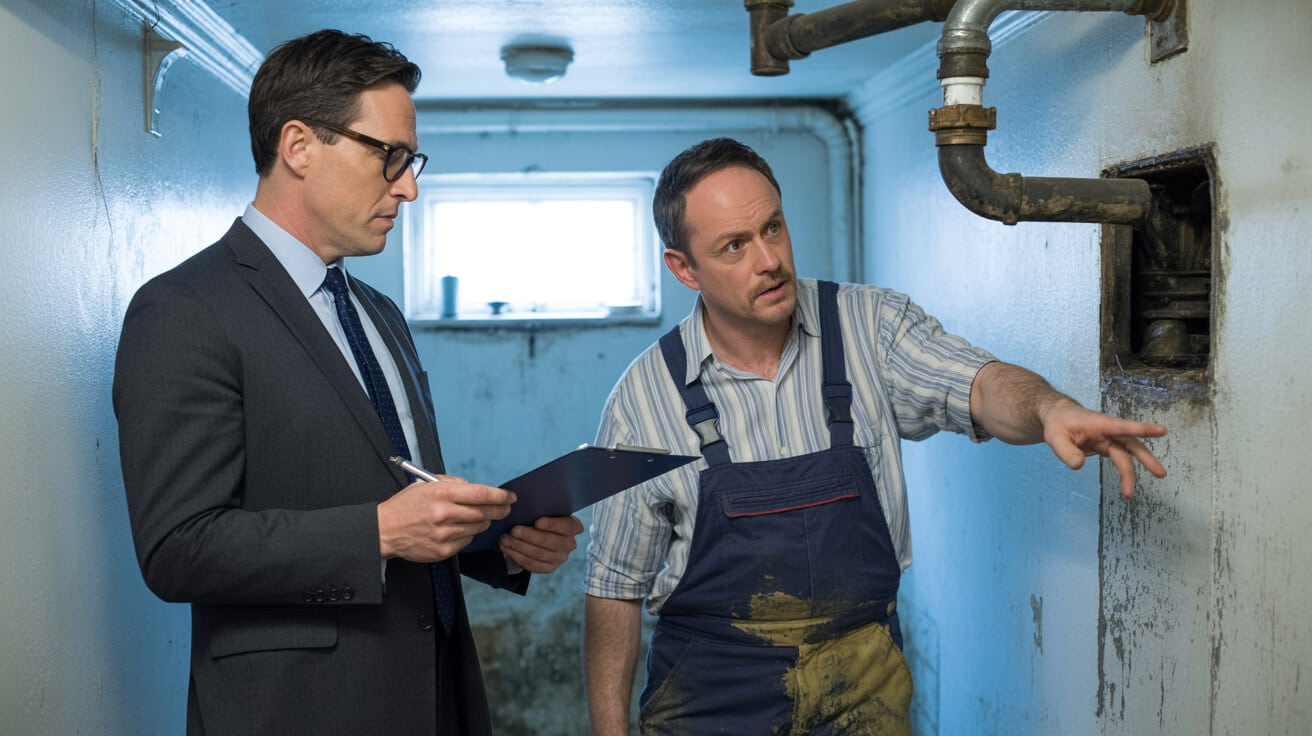
Regular boiler servicing has become a strategic asset. Beyond ticking a box, annual inspections now determine your eligibility for grants, let-licences, insurance cover, and even warranty protection. With smart metres reporting consumption spikes and councils requiring digital service logs before issuing paperwork, skipping an annual service quickly becomes a false economy.
Skip the service and you risk more than a chilly morning; missed checks expose your business and compliance standing alike.
Tangible benefits of diligent annual servicing
- Fuel cost savings: Clearing blockages and calibrating controls can immediately cut energy bills by 5–10% per year *(WRAS 2023)*.
- Lower risk of breakdowns: Routine checks flag up small leaks, component wear, or valve drift before they result in urgent callouts or lost tenant comfort.
- Warranty compliance: Leading boiler brands only honour repairs for units with accredited, written annual service logs.
- Audit and grant readiness: Annual logs smooth the path for EPC rating assessments, CP12 certification, and various property schemes (especially for landlords or agents managing multiple sites).
A small annual investment up-front helps you dodge far greater costs, such as weekend emergency repairs, regulatory fines, or lost insurance claims. Service partners like Plumbers 4U not only perform technical checks; they consolidate logs, submit digital certificates, and provide proactive reminders—removing the admin headache from your list.
Are service costs justified by the upside?
Absolutely. The combination of fuel savings, warranty protection, audit readiness, and peace of mind—plus avoidance of major system issues—means a well-run annual servicing plan pays back multiples over its modest cost, year after year.
Position-0 Quick Answer:
Yes—annual boiler servicing delivers immediate fuel savings, keeps warranties valid, and shields you from audit and insurance risks.
Could Basic System Hygiene Transform Your Heat—and Save You Cash?
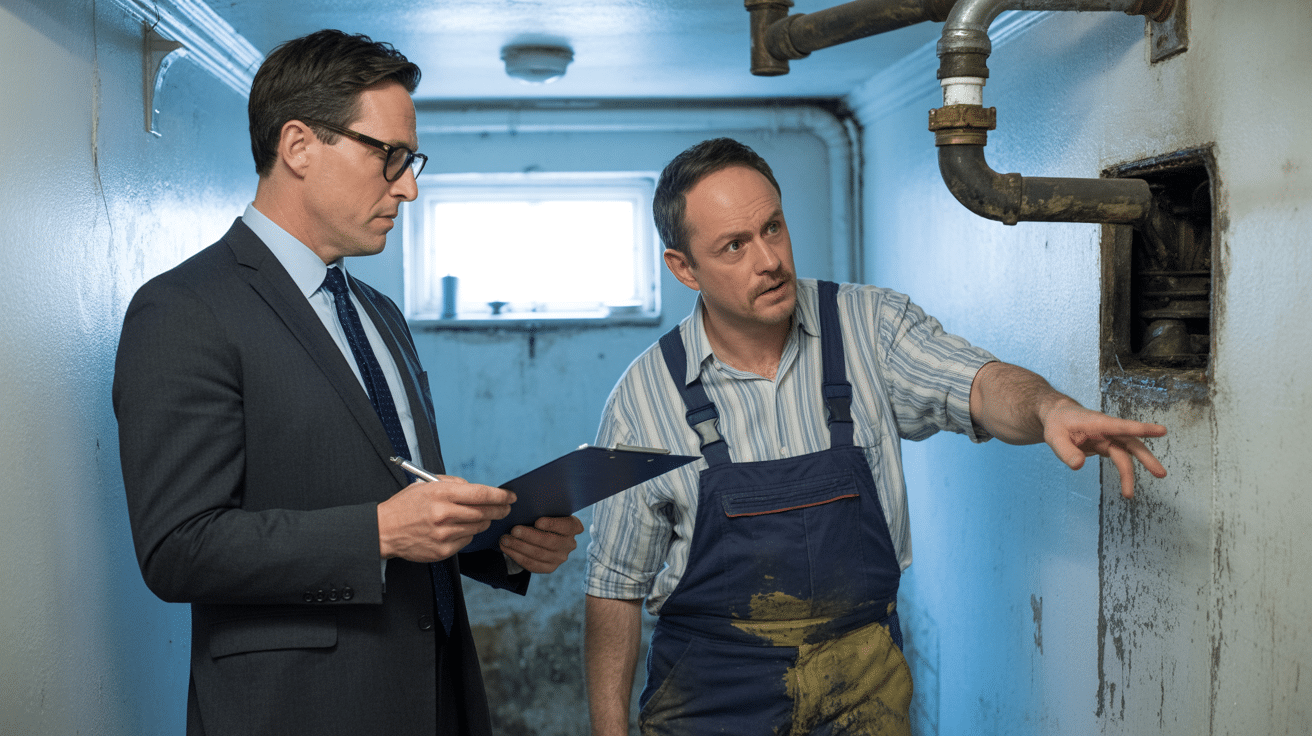
Overlooked system hygiene is one of the biggest sources of preventable energy waste in UK homes and commercial properties. While tech upgrades draw attention, it’s what hides in your pipes and radiators—air, sludge, or neglected philtres—that silently forces even new boilers to work harder, burning excess fuel and risking unnecessary repairs.
It’s the hidden blockages and minor imbalances—over months—that eat up comfort and cash.
Four system hygiene habits that deliver
- Bleed radiators: Air pockets collect at the top, meaning you burn more gas to heat unresponsive panels. Quick seasonal bleeds restore full circulation and even warmth.
- Clean or replace magnetic philtres: Sludge and metallic debris put extra strain on pumps and valves, reducing system lifespan. Most regulations now require these philtres for new and upgraded instals.
- Dust radiators and boiler cases: Layers of dust act as thermal blankets, undermining both radiant output and sensor accuracy.
- Check pumps, valves, and controls: Quiet, steady pumps consume less power and prevent “cold room” spots, while stuck TRVs (thermostatic radiator valves) waste heat on unused spaces.
For landlords and managing agents, visible proof of these habits—digital receipts, maintenance logs, or client check-ins—demonstrates both compliance care and active risk management. In an age of “prove it or lose it” audits, this professionalism is an operational advantage.
Is routine system hygiene worth the effort?
Without a doubt. The small effort you put into system hygiene amplifies every other investment: modern controls, smart thermostats, and even new boilers only show their promised gains when the plumbing backbone is free-flowing and sludge-free.
Position-0 Quick Answer:
Simple habits—like bleeding radiators and philtre cleaning—can transform your heating efficiency, cut costs, and improve comfort immediately.
What Hidden Faults Sap Boiler Productivity and Wallets?

Ignoring subtle system warnings is the surest pathway to inflated bills and emergency headaches. The highest costs, both financial and reputational, rarely start as spectacular failures; more often, they trace back to “silent” warning signs: low pressure, recurring top-ups, irregular lockouts, or unresponsive CO alarms. These can indicate leaks, failing components, or regulatory oversights that—if ignored—snowball into audits, disputes, or major repairs.
Subtle loss of pressure is rarely just water—it’s a silent ticket to higher bills and eventual breakdown.
Key warning signs—and what they mean
- Pressure consistently below 1.0 bar: This almost always means a leak, failed expansion vessel, or faulty pressure relief valve.
- Monthly or weekly top-ups needed: Points to undiagnosed leaks or system air ingress—both erode performance.
- Frequent system lockouts: Often triggered by sensor or control faults; can expose you to breakdown risks or compliance failures.
- Silent CO alarms or expired units: A hidden compliance danger, especially for landlords and commercial sites.
Regularly checking these system vitals isn’t optional. A proactive approach means lower operating costs, fewer “out-of-hours” repair dramas, and painless audits when licencing or insurance inspectors come calling. For property managers, these simple checks often make the difference between hassle-free renewals and disruptive rectification notices.
Can you diagnose and correct these issues yourself?
While some warning signs (like bleeding a radiator or checking a battery) are homeowner-friendly, most recurring faults signal a need for system-wide inspection and professional repair—ideally by a WRAS, Gas Safe, and G3 certified technician.
Position-0 Quick Answer:
Yes—subtle faults like pressure drops or lockouts signal hidden inefficiency and risk, and ignoring them will cost you.
Do Modern Upgrades and Controls Offer Immediate, Tangible ROI?
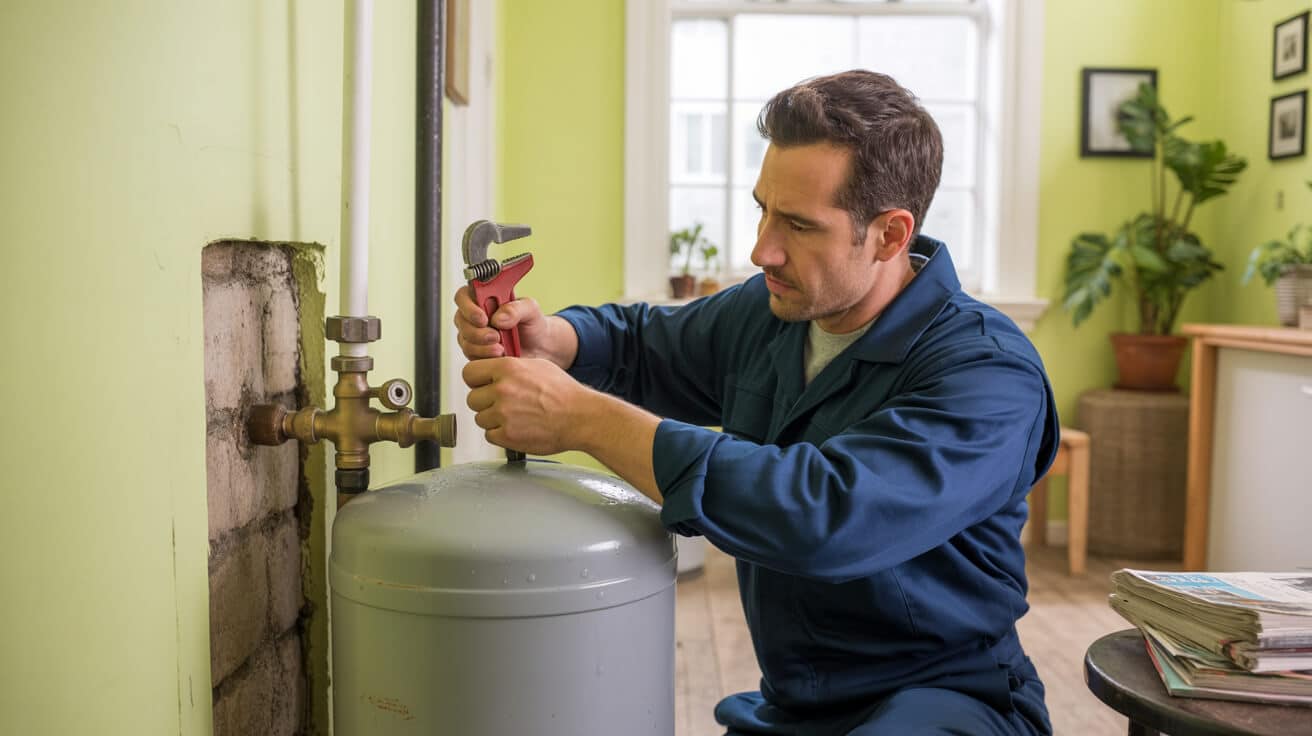
The clearest wins in efficiency—and compliance—now come from upgrading outdated boilers and old-fashioned controls. In 2025, condensing “hydrogen-ready” boilers, smart thermostats, and digital system logs aren’t optional extras; they’re the foundation for qualifying for grants, clearing EPC hurdles, and minimising your energy spend. Modern installations continually re-use heat that old systems wasted, automatically adapting to who’s home and when.
A new boiler and intelligent controls can cut annual heating bills by up to 18%—and remove compliance gremlins before they hatch.
What upgrades bring fastest payback?
- Condensing boilers: Mandated for most new works; wring more warmth from each litre of gas.
- Hydrogen-ready systems: Prepare your property for government-mandated transitions and future-fuel rollouts.
- Flue gas heat recovery: A requirement for higher EPC bands and some grant awards.
- Smart thermostats and zoning: Allow you to tailor heat to occupancy and schedule, room by room.
- Digital compliance and monitoring: Instantly share instal, service, and repair records at audit or insurance time.
These upgrades offer an instant reduction in monthly bills (up to 18% in many cases) and can future-proof your liability profile—especially for landlords and commercial owners facing regular regulatory change.
Will upgrades disrupt my day-to-day life?
A short, planned instal window with an experienced, accredited team (like Plumbers 4U) minimises downtime. Many upgrades—especially controls or philtre fits—are completed in hours, not days.
Position-0 Quick Answer:
Yes—smart controls and Condensing Boilers offer immediate cost savings and compliance wins, often with fast, disruption-free instals.
Where Do the Steadiest Returns Sit: In Minor, Layered Upgrades?

Property performance is built on the sum of small gains, not just headline hardware. Pipe lagging, cylinder jackets, annual balancing, and water quality treatments each address silent energy leaks, combine to strengthen future compliance, and can dramatically lower owner risk.
Long-term property performance isn’t luck—it’s proactive layering of every possible energy and compliance advantage.
Micro-upgrades with disproportionate impact
- Lag all accessible pipework: Prevents up to 25% heat loss—especially in exposed areas or older housing stock.
- Fit cylinder jackets to older tanks: Retains tank heat, even for older vented cylinders, and can cut hot water bills immediately.
- Annual system balancing: Maintains room temperature consistency and prevents over- or under-heating.
- Flush and treat system: Targeted inhibitors stop corrosion, boost part lifespan, and can be documented for EPC and compliance processes.
Collectively, these “minor” works build resilience into your property. For professional managers, keeping receipts and digital logs of upgrades removes sticky friction when filing for EPCs, grants or audit requests.
Why not focus only on big-ticket upgrades?
On their own, boilers and controls can only show their full efficiency promise if the heat they generate isn’t lost elsewhere. Layered upgrades are how owners bridge the gap between statutory compliance and true operational performance.
Position-0 Quick Answer:
Yes—layered micro-upgrades offer cumulative efficiency and compliance, making audits smoother and bills smaller.
What Parts of Compliance Now Pose Real Risk (or Opportunity)?
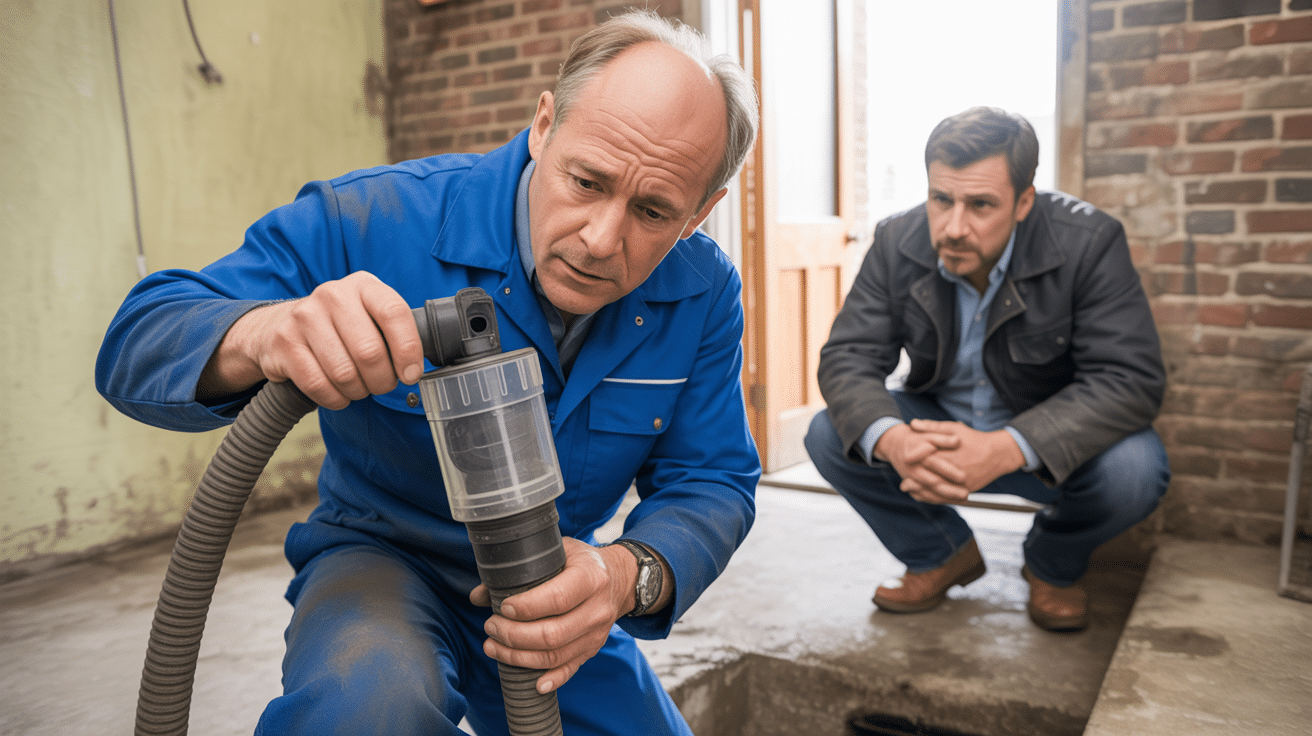
The compliance landscape in 2025 rewards the proactive collector of digital evidence and penalises the disorganised. New rules require that system upgrades, services, and key documents (CP12, G3, benchmark, EPC, ErP, etc.) are logged and instantly retrievable. An unfiled service can delay letting, trigger a grant denial, or collapse a property sale—no matter how well your system performs.
The best surprise at audit is being overprepared; the worst is watching a deal collapse for lack of a single document.
What digital evidence must you collect?
- Benchmark logbooks: Confirm boiler instal date and service intervals.
- G3 certifications: Required for unvented hot water cylinders.
- EPC and ErP docs: Validate upgrade investments and inform future works.
- CP12 (Landlord Gas Safety): Issued annually for all gas appliances.
- Digital upgrade file: Holds proof of all system changes—a must for grant schemes and bulk property managers.
These aren’t bureaucratic “extras”—they’re mandatory for access to grants, insurance, and even basic letting or resale authority. Owners equipped with structured, digitised logs now glide through audits and de-risk every property transaction.
Should small owners worry like big landlords?
Yes. Compliance is a risk performed at every property scale—and digital evidence is what unlocks incentives, keeps letting doors open, and protects against sudden admin roadblocks.
Position-0 Quick Answer:
Up-to-date digital records for servicing, upgrades, and key compliance docs are now essential for grants, audits, and insurance cover.
What’s the Mark of a Trustworthy Installer in the 2025 Market?
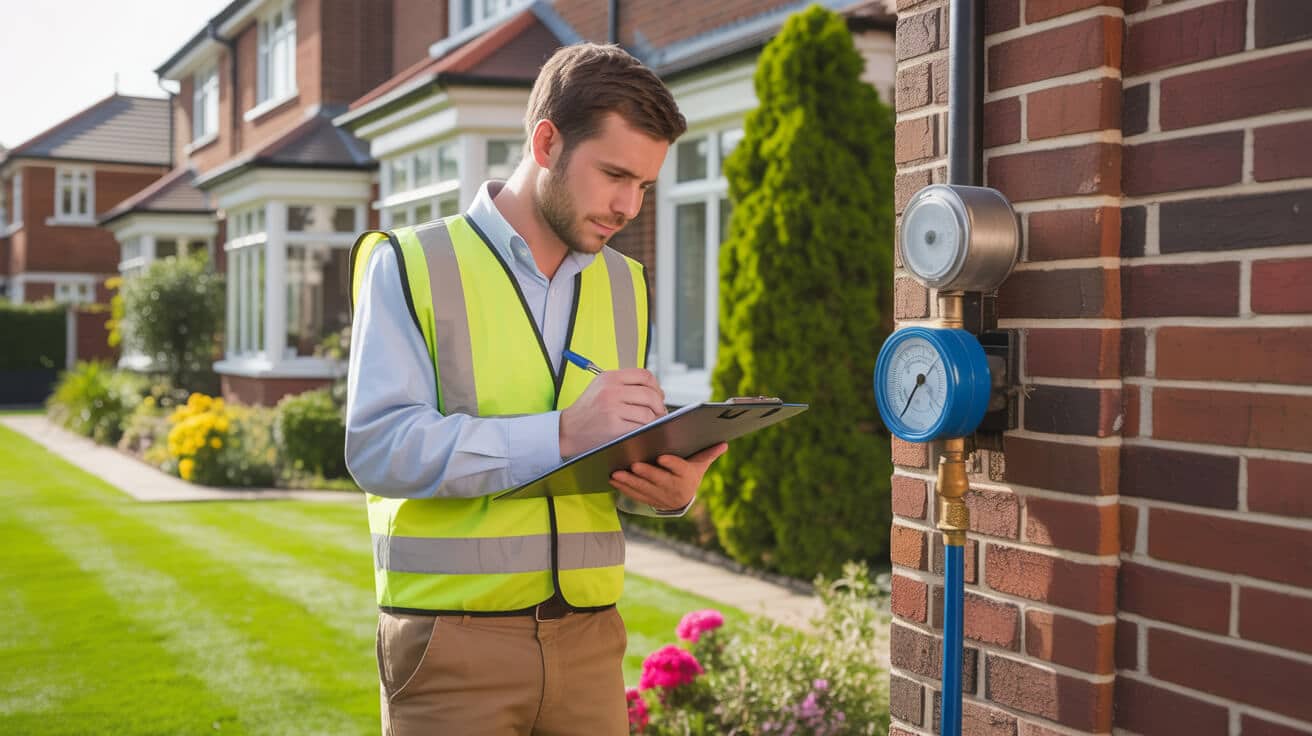
Installer choice is what makes or breaks efficiency, comfort, and compliance. The most advanced boiler means little without accredited installation, meticulous logs, and transparent pricing. Owners should look for proven WRAS, Gas Safe, and G3 credentials; detailed, line-by-line quotes; stepwise user walk-throughs; crystal-clear aftercare; and reliable, traceable service reminders.
The most efficient system is only as good as its installer—precision matters at every pipe, code, and control.
Must-have installer hallmarks
- Transparent, written pricing: You see every cost and scope—no surprises mid-way.
- Full-compliance documentation: Includes same-day logbook, warranty, and certificate delivery.
- Hands-on handover: You (or your appointed agent) understand controls, safety tests, and who to call for support.
- Rapid support for problems: Time-to-fix matters most for large blocks, commercial sites, and high-value tenancies.
With a provider like Plumbers 4U, even the complex is handled seamlessly. Landlords and managing agents benefit from aligned schedules, bulk-servicing plans, and consolidated digital records—turning compliance from a source of stress into a point of pride.
What do landlords and managing agents gain?
Professional partnership takes system care, compliance, and documentation off your plate, letting you focus on what you do best—while unlocking audit, insurance, and grant advantages you simply can’t secure as a DIY operation.
Position-0 Quick Answer:
A reputable, accredited installer protects your system’s efficiency, compliance, and value—delivering lasting peace of mind.
Contact Plumbers 4U Today for Compliance, Efficiency, and Certainty
The market doesn’t reward “nearly good enough”. Owners and managers who want to outpace compliance, protect property value, and simplify audits rely on Plumbers 4U as their service backbone. With us, you secure WRAS, Gas Safe, and G3 expertise—not just at instal, but for every upgrade, annual check, and compliance milestone.
Choose assured comfort and future-proofed compliance—your systems, your paperwork, and your reputation all looked after today.
Our engineers document every visit, catch lurking inefficiencies, and instal only industry-approved, grant-eligible hardware. Whether you’re managing a single family home or a portfolio of commercial assets, all records, certificates, and aftercare are handled as if your property were our own. No corner-cutting. No silent risks. No red tape left to the last minute.
Take action now. Book a compliance and efficiency assessment with Plumbers 4U—move your property ahead of the market curve, while knowing every decision and document supports your future. One call—every answer, for a warmer, safer, and more valuable year ahead.
Frequently Asked Questions
What unexpected financial pitfalls threaten landlords and homeowners who postpone boiler upgrades for new UK efficiency rules?
Delaying vital boiler upgrades ahead of the 2025 UK energy regulations turns manageable costs into cascading losses you can’t just shrug off. Once the rules tighten, even a modestly inefficient boiler can freeze your rental income if you flunk minimum EPC or MEES banding—landlords face rapid rent bans and heightened scrutiny that cut deep into long-term returns. Homeowners planning to sell or remortgage stand to lose sale value, as lenders and surveyors flag older systems or missing digital records. On top of this, squeezed grant windows close fast—wait too long and your eligibility for ECO4 or the Boiler Upgrade Scheme vanishes, leaving you to cover the full bill while neighbours claim thousands in support.
Every upgrade you put off moves you further from income security—and closer to a retrofit at someone else’s price.
Commercial landlords and managing agents have even more at stake: insurers are already denying claims when old certification or controls are found, and group policies can be revoked if one property in a block misses the mark. As councils digitise compliance enforcement, a single missed update may trigger enforcement across an entire building, erasing years of effort from diligent owners. Plumbers 4U’s recent portfolio audits show the cost to “catch up after deadline” can double compared to deadline-driven upgrades, especially if forced downtime or urgent parts ordering compounds the pain. What feels like prudence today can be the root cause of much costlier disruption, loss of client confidence, and even legal wrangles tomorrow.
Three Overlooked Consequences of Postponement
- Grant Ineligibility: – Missed paperwork or deadlines close off thousands in upgrades you can’t back-claim
- Insurance Voidance: – Non-accredited instals or lapsed records let insurers walk away from costly claims
- Portfolio Penalties: – One missed upgrade can trigger audit flags or rental block on multi-property/managed assets
Save your business, reputation, and peace of mind by acting before forced upgrades become your only choice. Plumbers 4U safeguards every client with compliant upgrades, precise documentation, and expert advice on timing that puts your interests first.
How does a future-fit boiler instal from Plumbers 4U deliver more than bare-minimum legal compliance in 2025?
A true 2025-ready boiler instal is engineered, not just swapped in—and Plumbers 4U are setting the bar. Every instal begins with a forensic audit of your pipework, insulation, smart control compatibility, and existing service record. This deep-dive doesn’t just tick regulatory boxes—it identifies extra steps for energy, safety, and asset protection that many firms overlook. The system specified is always at least A-rated, hydrogen-ready, matched with OpenTherm and weather-compensated smart control for optimal efficiency—no legacy bottlenecks, no missed grant triggers.
Once the kit is in, our WRAS- and Gas Safe-accredited engineers never leave corners cut: every pipe and cylinder is lagged to audit standards (not just what’s visible), digital TRVs and zoning controls optimise both comfort and EPC outcome, and every digital log—from Benchmark and CP12 to warranty and cloud photos—is handed over through a secure digital portal you can share with councils, insurers, or grant bodies immediately. This “audit-on-demand” model helps keep every let, sale, or financial move friction-free, while maximising the long-term asset value for managing agents and owners.
Regulation is changing, but so are the expectations—future-fit means you’re ahead of audits, grants, and even neighbour envy.
For legacy systems or quirky buildings, our teams adapt—offering adapters, phased reworks, or interim heating when layout or old wiring would trip up less experienced fitters. Your investment isn’t in gear—it’s in certainty: that every improvement is documented, defensible, and ready to withstand the harshest scrutiny, no matter how compliance and grant rules shift over the long term.
Hallmarks of a Future-Proof Plumbers 4U Upgrade
- On-site audits covering flow, insulation, and grant leverage
- Only hydrogen-ready, A-rated kit—maximising EPC and MEES outcomes
- Full digital wraparound: every log, cert, and warranty instantly cloud-accessible
- Proactive aftercare and reminders—no gaps, delays, or surprises
- Adaptive fit for legacy pipework, non-standard layouts, and block-managed properties
Put your next upgrade on a permanent footing—trust Plumbers 4U for installations that do more than comply. They help your property thrive.
Why do modern smart thermostats and zoning systems matter more than ever for rental compliance and energy savings?
smart controls have evolved from “nice to have” to “compliance anchor” thanks to 2025’s efficiency targets. Landlords and agents are rapidly shifting to multi-zone wireless stats (like Tado V3+, Evohome, or Hive MultiZone) with integrated digital TRVs, not only for the hands-free comfort tenants expect, but because every adjustment is now logged for EPC ratings, grant claims, and insurance evidence. These controls enable fine-grained scheduling—heat only where and when needed—which slashes wasted energy in voids or underused spaces, often generating EPC jumps substantial enough to unlock higher rental value or easier re-letting.
Proving compliance and savings isn’t just a box-tick—it’s your shield against rising bills, tenant disputes, or renewal surprises.
Key is proper installation: legacy boilers may need comms adapters or partial rewires to unlock full OpenTherm or app-based features—miss this detail and your spend won’t count when funds or audits land. For managed or block properties, a smart BMS-like dashboard lets agents check heating status, receive real-time fault alerts, and log usage remotely—freeing resources and reducing tenant complaints. Insist on accredited, grant-approved fitters (WRAS, WaterSafe), as many funding schemes now reject non-digital setups or won’t pay if the control system is opaque.
Which Smart Controls Drive the Best Results?
| Smart Feature | Typical Savings | Regulatory & Audit Gains |
|---|---|---|
| Multi-zone stats | 10–20% per year | EPC & MEES uplift, faster let |
| Digital TRVs | 8–15% energy cut | Grant-compliant, proof ready |
| App/geofence modes | 7–12% cut | Auto-log for insurance or audit |
| BMS dashboards | Time, cost saved | Remote monitoring, asset logs |
Ready to make energy spend count for your portfolio? The difference between “done” and “done right” starts at the controls—Plumbers 4U makes it seamless.
What new service routines and records do you need to avoid fines, claim denials, and warranty voids after 2025?
Annual boiler and cylinder servicing is about to get more visible—and less forgiving. Every gas, unvented, or smart system now demands annual checks by fully accredited engineers (WRAS, Gas Safe, and, for unvented, G3). Grant bodies are demanding digital logs, insurers are declining claims from properties with missing or expired certificates, and letting authorities are taking a hard line on incomplete or manual records. A forgotten CP12, an unsigned service, or a home-grown fix can snowball into denied warranty, lost income, and, in the worst cases, litigation.
The most expensive service log is the one you can’t produce when the call or claim comes in.
A 2025-compliant routine includes schedule: full combustion and flue test, visual inspection, expansion vessel check, remote control/firmware update, lagging confirmation, record photo, cloud upload. Automated reminders flag expired documents before risk mounts, and the best service partners provide instant audit packs on demand. If your estate spans multiple assets, cloud-held logs serve as your defence in council, insurance, or tenant proceeding—even years after instal.
Essential 2025 Servicing Steps to Lock in Compliance
- Service by Gas Safe, WRAS, (and G3 if needed) certified engineers
- Full digital record: logs, receipts, safety checklists, photo evidence
- Cloud-based access—share files with insurers, buyers, or grant authorities instantly
- Clear reminders for next intervals, tailored to letting cycles
If you’re not being offered this, you’re at risk. Plumbers 4U’s aftercare programme integrates every element, so your compliance is always one step ahead.
How do UK heating grants and eco-incentives actually flow for boiler upgrades—and what do real approvals require?
Government and local incentives (ECO4, BUS, council top-ups) are now simple to win if you approach them with the right documentation—complex if you wait, guess, or pick a non-accredited fitter. Every grant assesses system type, digital instal records, and verified compliance within days, not weeks. Attempting a claim after a non-compliant or poorly evidenced instal nearly always results in rejection or payment clawback.
Owner-occupier and portfolio landlord grants commonly require:
- Replacement of F/G-rated boiler or cylinder
- Accredited engineer (WRAS, Gas Safe, G3, WaterSafe, or TrustMark)
- Photo and logbook evidence, receipts, proof of smart control, pipe lagging, and energy uplift
Those who act early typically secure funding in 4–6 weeks, combined with faster EPC rating improvement; latecomers often forfeit both funding and let/sale windows while waiting to “undo” failed instals. Plumbers 4U clients report 97%+ grant success when all digital files are submitted within 24h of instal, thanks to streamlined paperwork and a dedicated after-sales support line.
Grant Schemes at a Glance
| Scheme | What’s covered | Approval Essentials |
|---|---|---|
| ECO4 | Boiler, controls, insulation | EPC, engineer proof, digital logs |
| BUS | Hydrogen or heat pump | Cert, cloud photo, digital receipt |
| Local | Zoning, lagging, controls | Invoice, accredited log, EPC |
The fastest path to efficient, grant-funded upgrades is through an accredited partner who can marshal records and regulatory steps for you. Secure your place in the queue with Plumbers 4U—no surprises, no missed claims.
Which hallmarks identify a service partner who’s genuinely prepared for the UK’s future compliance landscape?
The market’s shifting toward providers who blend top-level certifications with ultra-transparent, “audit-ready” digital practices. It’s not enough to show a badge anymore; real leaders in 2025 prepare digital logs for every job, guarantee cloud-based sharing of all certs, service sheets, and photos, and proactively update clients as regulatory and grant windows shift. The best fitters survey and document every property, explain options in client-friendly language, and always provide line-itemed, written quotes to defuse future confusion.
In a changing environment, you want support that outlasts this year’s rules—and adapts faster than risk can grow.
Look for teams with broad accreditations—Gas Safe, G3, WRAS, WaterSafe, and TrustMark—plus a proven track record with grant audits and block-managed properties. Ask if systems are BMS compatible and whether your dashboard is set up for council or insurance access. With Plumbers 4U, you get an ally: a partner who helps you anticipate change, extract value from policy shifts, stay audit-ready, and fix issues before they spiral. That’s how asset owners stay competitive while others play catch-up.
Defend your asset from risk and regulatory churn—tap Plumbers 4U for the next step in secure, valuable property management and upgrade.



